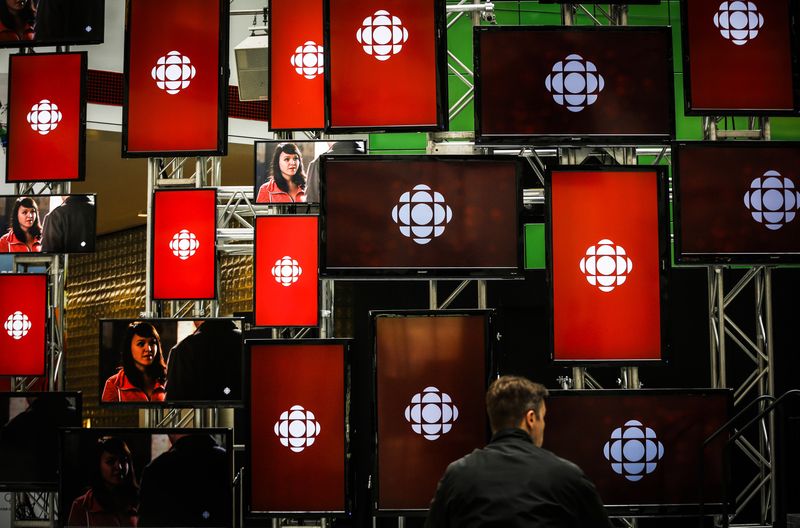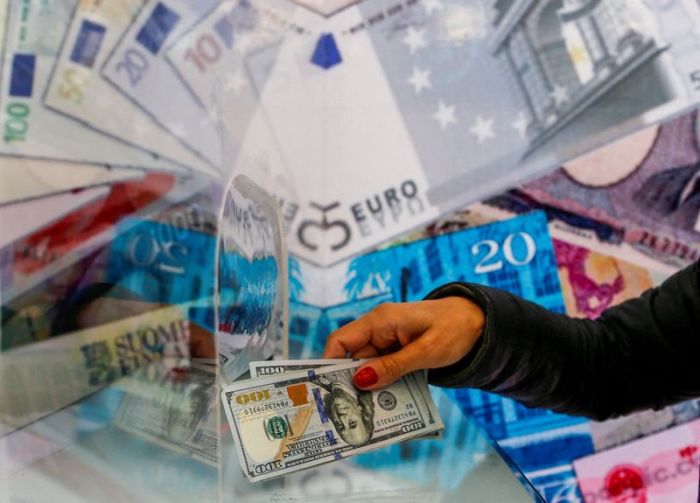LONDON (Reuters) -Russia’s foreign ministry said on Wednesday it was closing the Moscow bureau of Canada’s CBC and withdrawing visas and accreditation from the public broadcaster’s journalists after Ottawa banned Russian state TV station Russia Today (RT).
“With regret we continue to notice open attacks on the Russian media from the countries of the so-called collective West who call themselves civilised,” Maria Zakharova, Russian foreign ministry spokeswoman, told reporters.
“A decision has been taken to make retaliatory, I underscore retaliatory, measures in relation to the actions of Canada: the closure of the Moscow bureau of the Canadian Broadcasting Corporation, including the nullification of the accreditations and visas of their journalists.”
Zakharova said Ottawa had chosen what she cast as a “Russophobic” path including censorship of the media. Canada in March removed Russian state-owned channels RT and RT France, the French version of RT.
In a statement, the CBC and its French language unit Radio Canada said they had operated a bureau in Moscow for 44 years and were “deeply disappointed” in the decision.
“To our knowledge, this is the first time in the history of CBC/Radio-Canada that a foreign government has forced the closure of one of our bureaus,” Chuck Thompson, head of public affairs at CBC, said. “This appears to be another step by Russia to stifle a free and independent press within its borders.”
Canada on Tuesday introduced a bill in the Senate that will ban President Vladimir Putin and around 1,000 members of his government and military from entering the country as it continues to ratchet up sanctions over Russia’s Feb. 24 invasion of Ukraine.
Prime Minister Justin Trudeau was in Kyiv just over a week ago promising new weapons and equipment, and vowing that the world would make sure Putin loses the war in Ukraine.
On Wednesday, Trudeau said “Putin’s decision to expel Canadian media from Moscow is an attempt to silence them from reporting the facts, and it is unacceptable”.
In March, Putin signed a law imposing a jail term of up to 15 years for spreading intentionally “fake” news about the military, prompting some Western media organisations to pull their reporters out of Russia.
Russian officials do not use the word “invasion” and say Western media have provided an excessively partial narrative of what they call Russia’s “special operation” in Ukraine that ignores Russia’s concerns about the enlargement of NATO and alleged persecution of Russian-speakers.
(Reporting by Guy Faulconbridge; additional reporting by Steve Scherer in Ottawa; Editing by Sandra Maler)


























